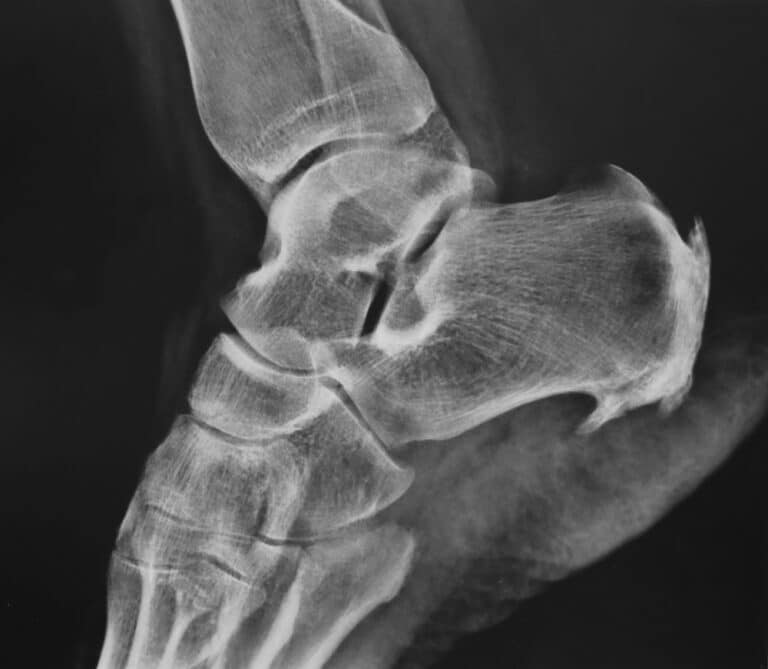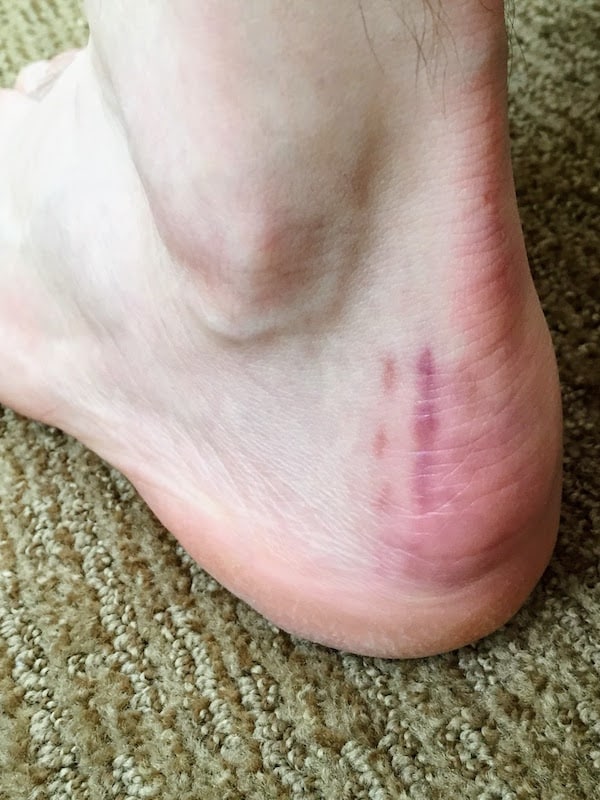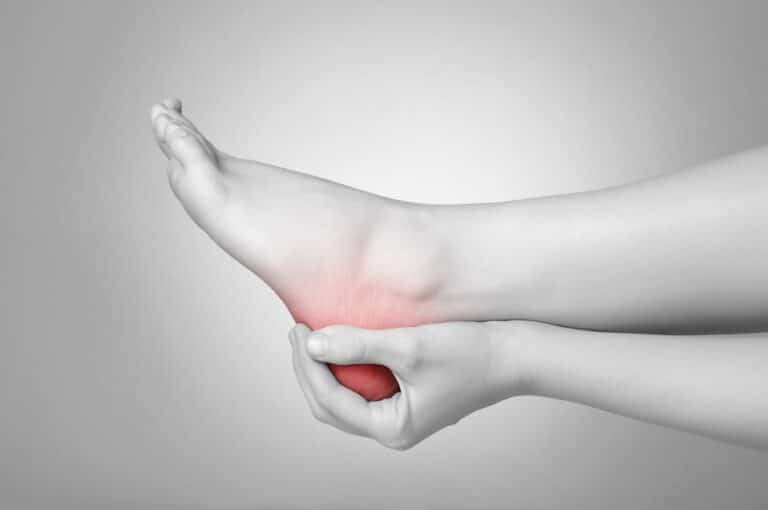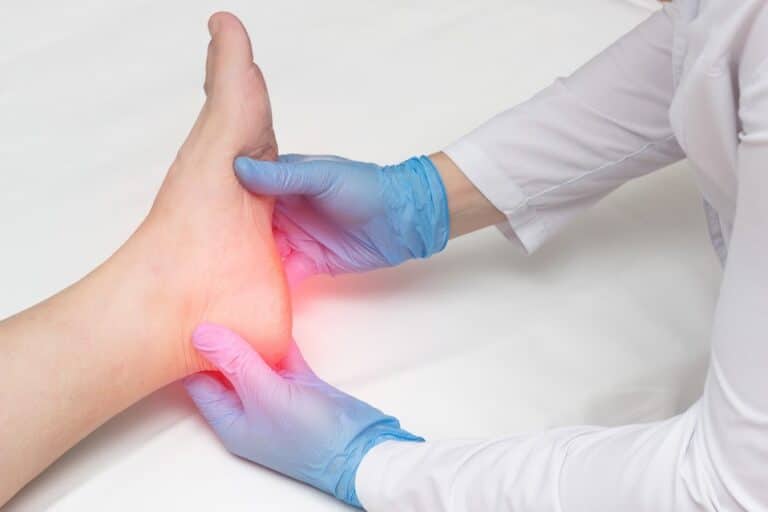If you recently had bunion surgery or plan to have it soon, you might be worried about potential negative outcomes. This isn’t a very complicated procedure, but it is completely natural that you worry about the recovery process and potential problems after bunion surgery. The main goal of this surgery is to correct deformity and relieve the pain you might constantly feel, but as with any other surgical procedure, there are some risks you need to be aware of.
Can Bunion Return After the Surgery?
Unfortunately, it is common that bunions gradually return even after the surgical procedure. Some previous studies show that this happens in 25% of cases when patients have severe and painful bunions on the side of their feet. One of the suggested methods to check if a bunion will return even after the surgery is to do an X-ray. This can provide a good estimate of the risk for bunions to return after the procedure.
How to Prevent It From Returning?
Nothing is 100% guaranteed when it comes to the nature of a human body, and many factors can affect the final outcome, no matter how hard you try to prevent some issues from coming back. Thankfully, there are some methods that will help you prevent bunions from returning after you surgically remove them. You should talk to your podiatrist and listen to their advice – they will recommend the best treatment and ensure you get the best possible recovery. Some methods used for preventing recurrence are:
- Physical rehabilitation,
- Changes in lifestyle,
- Removable splints,
- Custom orthotics.
What Is Big Toe Joint Stiffness?
A stiff big toe (Hallux Rigidus) causes pain and stiffness in the joint where your big toe or the hallux meets your foot (metatarsophalangeal – MTP joint). Hallux Rigidus is actually a progressive condition – it won’t show overnight, and it might get worse over time. In some cases, patients find that it doesn’t get much worse than in the period when it started. The most common cause of this is arthritis, but bunion is another common condition. The main symptom is the pain in the big toe, especially during walking, that eventually might lead to a bunion or callus developing on the top of your foot, causing even bigger discomfort.
How Can You Prevent It?
To prevent this issue and relieve your pain, it is recommended that you:
- Wear appropriate shoes – You should wear shoes that leave enough room for your toes and find some special shoes with stiff soles that relieve pain. It is recommended that you avoid wearing high heels,
- Maintain a moderate body weight,
- Warm out before workouts,
- Limit your toe movement – You are supposed to place pads in your shoes in order to limit movements of your big toe.
- Avoid activities that stress your toe joints, such as jogging,
- Reduce caffeine and nicotine consumption – this can weaken bones,
- Increase consumption of calcium and vitamin C.
Can Infection Appear After a Bunion Surgery?
In a medical sense, every break of the skin can lead to an infection. This is what happens during foot surgery, so there is a chance that infection might occur if you don’t follow the treatment after the procedure promptly. In the case of bunion surgery, the doctor will order that you start taking antibiotics to prevent infection even before the surgery.
How to Prevent It From Happening?

The operating room should be sterile, and doctors should always wear gloves and follow safety procedures in order to avoid potential infections. The bacteria that can penetrate your skin and infect the foot is called staph aureus, and if left untreated, it can lead to bone infection. There is a small chance of infection, but just to stay safe, you need to treat your wound after the surgery, clean it, and take the prescribed antibiotics.
What Is Hallux Varus, and Can You Experience It After the Surgery?
Hallux Varus is a complication that can occur in rare cases after bunion surgery when the big toe was overcorrected. That might leave the patient with enlarged spacing between the big toe and the second toe and make walking and wearing shoes difficult.
How to Prevent Hallux Varus?
In order to prevent Hallux Varus, it is recommended that you:
- Don’t wear high heels every day,
- Walk barefoot when possible,
- Do frequent foot exercises in order to strengthen foot muscles.
Are There Some Bone Healing Problems You Should Worry About?
Bunion surgery involves cutting your fusing bones, which is necessary for achieving improved alignment. Therefore recovery process involves bone healing, and some people, unfortunately, have poor bone healing. In most cases, it should take about six to 12 weeks for bones to heal after the bunion surgery. During this period, you’re not supposed to put weight on your foot. The failure of bone healing is medically called nonunion. Symptoms that might occur if this happens are redness, pain, and swelling. This is usually involved with the overall medical health of a patient rather than just the surgery recovery process.
How Can You Prevent Them?
It is recommended that you overcome potential bone healing problems by improving your general health. How to achieve this? Try eating healthy, avoid consuming cigarettes and take enough vitamins. It is also known that some nonsteroidal anti-inflammatory medications increase the risk of nonunion, so you might be at bigger risk in case you’re taking them for a prolonged period.
Have a Talk With a Professional About Problems After Bunion Surgery
In case you had bunion surgery and believed that you might be experiencing some problems during the recovery process, it is recommended that you talk to a professional about your symptoms. Only this way you’ll be able to find the real issue with your healing and find out how to solve this problem. Your doctor will give you the best possible advice and subscription for medicines if needed. You can always book a consultation at Luxe Foot Surgery and solve all of your dilemmas during a meeting with certified specialists. Feel free to contact us and book your appointment right away.
FAQ
How Do I Know if My Bunion Surgery Failed?
Bunion surgery can fail in circumstances such as:
- The deformity isn’t completely corrected, and hallux valgus recurs,
- The deformity might be overcorrected, so varus occurs,
- The bone isn’t healing after the surgery,
- The bone heals but in the wrong position.
Why Does My Foot Still Hurt After Bunion Surgery?
Pain might appear after the surgery in case the bone of the big toe was shortened too much during the correction. This might as well be caused by infection or the sign of poor general health, so the bones aren’t healing.
How Long Does It Take To Walk Normally After Bunion Surgery?
After the surgical process is done, the patient won’t be able to walk normally for at least eight weeks. It usually takes from six to twelve weeks for bones to heal, but this period might be prolonged in case of poor general health.
How Do You Know If You Have Infection After Bunion Surgery?
Some clear signs of an infection after bunion surgery are:
- Pain,
- Redness,
- Swelling,
- Warmth.




